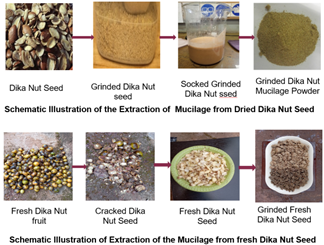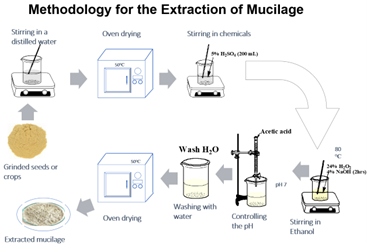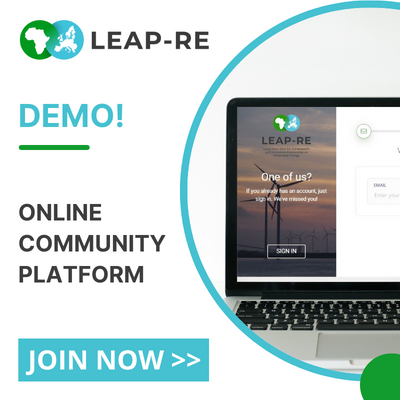SOLAR INDUCE is developing innovative solutions for low-cost and feasible domestic cooking and refrigeration that will be powered by solar energy. The system will integrate two sub-units: 1) innovative low-power, low-cost induction cooking unit with improved efficiency for energy consumption specifically developed for off-grid operation and powered by solar photovoltaic (PV) panels, as well as improved robustness for working in a low power supply quality environment and 2) solar heat-powered refrigeration system that will include variable size refrigerator compartment with modular and replaceable hydrogel-based elements with the capacity to provide active refrigeration over the day and passive refrigeration over the night.
From October 3 to 5, 2022, the participants met in Pretoria (South Africa) where an open presentation was made to the LEAP-RE Stakeholder Forum in the framework of an event organized by the LEAP-RE Community every two years. This meeting was a very good opportunity for the participants to get to know each other personally and to identify and encourage collaboration between similar initiatives.
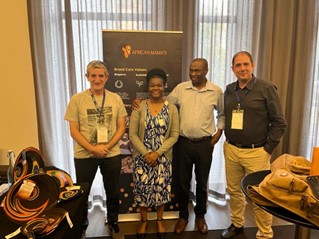
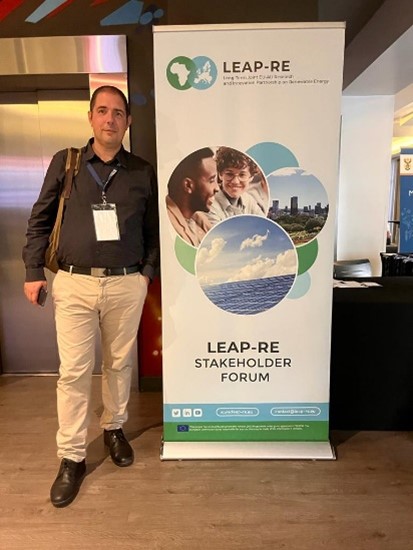
The SOLARINDUCE project is making progress toward the definition of specifications, selection of materials and the preliminary design for the low power and cost induction cooking unit. Electromagnetic simulations are also being carried out in order to optimize the efficiency of the unit. The model is being validated against an experimental LCR characterization of inductors under several working conditions.
Next steps will focus on one hand, on fine-tuning the designs and electromagnetic and plastic injection simulations for the new induction cooking systems and on the other hand, on the design and simulation of the induction cooker adapter for integrating traditional cookware used in African countries with the new induction cooker.
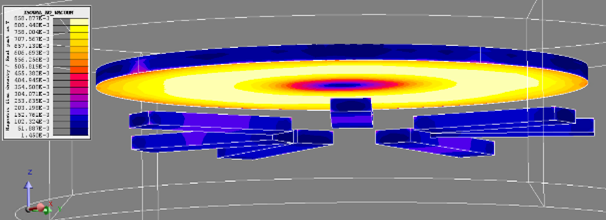

Regarding the solar heat-powered refrigeration system development, the tasks tackled during this first period of work have mainly been focused on the identification of possible agricultural waste that can be used to produce hydrogels which will be used as a working fluid of the system, develop a methodology for extraction and purification of cellulose and develop and create a method for producing cellulose-based superabsorbent hydrogels. The bagasse has been identified as the most feasible agricultural waste to produce hydrogel due to its high composition of cellulose 65% as compared to other agricultural waste. Experimental work is expected to start in April.
